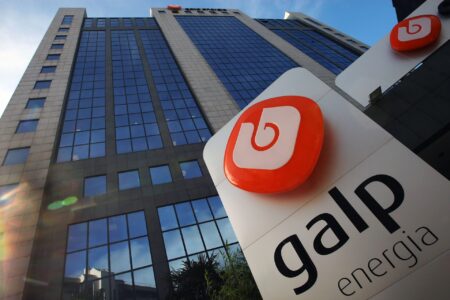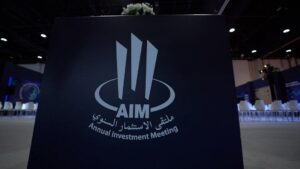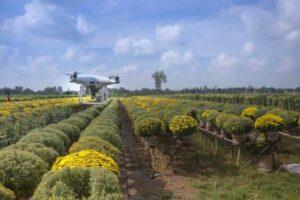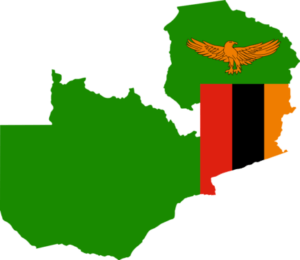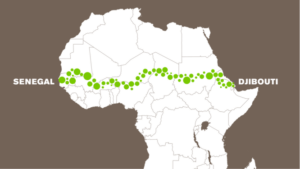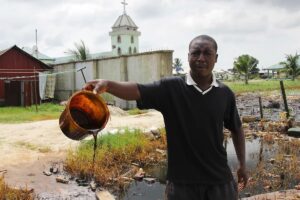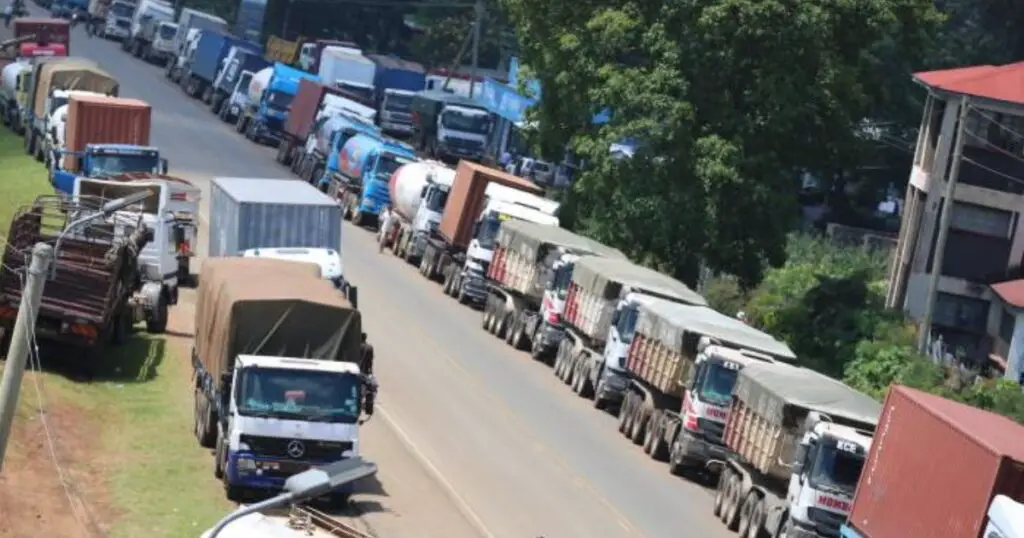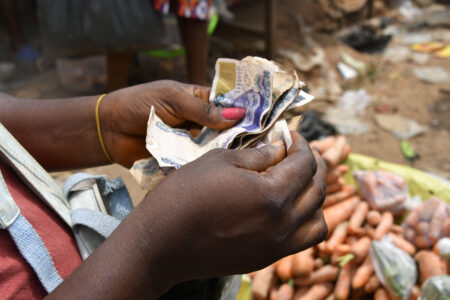- Kenya-Ethiopia Trade Relations: Legislators Advocate for Policy Alignment to Boost Ties
- Visualising the state of debt in Africa 2024
- Abu Dhabi radiates optimism as over 300 startups join AIM Congress 2024
- TLcom Capital Raises $154 million in Funding to Boost Its African Growth
- Africa’s $824Bn debt, resource-backed opaque loans slowing growth — AfDB
- LB Investment brings $1.2 trillion portfolio display to AIM Congress spotlight
- AmCham Summit kicks off, setting course for robust future of US-East Africa trade ties
- Why the UN is raising the red flag on the UK-Rwanda asylum treaty
Africa
- AfDB asks policymakers to put in place an orderly and predictable way of dealing with Africa’s $824Bn debt pile.
- According to AfDB, Africa’s ballooning external debt reached $824 billion in 2021.
- AfDB president says there is urgent need for increased concessional financing, particularly for low-income countries.
Africa’s immense economic potential is being undermined by non-transparent resource-backed loans that complicate debt resolution and compromise countries’ future growth, African Development Bank (AfDB) President Dr Akinwumi Adesina has said.
Adesina at the Semafor Africa Summit taking place on the sidelines of the International Monetary Fund and World Bank 2024 Spring Meetings, highlighted the challenges posed by Africa’s ballooning external debt, which reached $824 billion in 2021, with countries dedicating 65 per cent of their GDP to servicing these obligations.
He said the continent would pay $74 billion in debt service payments this year alone, a sharp increase from $17 billion in 2010. “I …
- Meg Whitman, US Ambassador to Kenya, highlights key investment opportunities in Kenya, particularly in the creative industry and clean energy.
- She noted that Kenya has the potential to become the Singapore of Africa through vertical business integration, job creation, innovation, and foreign direct investment.
- AmCham Business Summit 2024 seeks to strengthen bilateral trade and investment between the US, Kenya, and East Africa.
The fourth edition of the regional American Chamber of Commerce Kenya (AmCham) Business Summit, has officially kicked off in Nairobi, Kenya, under the theme, ‘Catalyzing The Future of US-East Africa Trade and Investment’.
This year’s forum underscores AmCham Business Summit as the premier platform for strengthening bilateral trade and investment between the United States, Kenya, and East Africa.
Hosted by the American Chamber of Commerce (AmCham), the two-day Summit has brought together delegates from the United States of America, East and Sub-Saharan Africa in efforts to deliberate and …
- UN faults UK-Rwanda asylum treaty citing concerns on potentially harmful impact on global responsibility-sharing, human rights, and refugee protection.
- Spearheaded by Prime Minister Rishi Sunak, the legislation mandates judges to deem Rwanda as a safe third country.
- With deportation flights slated to start in July, the move is sparking weighty debates over the ethical implications of outsourcing asylum responsibilities.
This week’s passage of the “Safety of Rwanda” Bill by the UK Parliament has triggered alarm bells within the United Nations (UN), with two prominent leaders, Filippo Grandi, the UN High Commissioner for Refugees, and Volker Türk, the UN High Commissioner for Human Rights, raising concerns over its potentially harmful impact on global responsibility-sharing, human rights, and refugee protection.
Spearheaded by Prime Minister Rishi Sunak, the legislation mandates judges to deem Rwanda as a safe third country, paving the way for the deportation of thousands of migrants who have sought refuge …
The agricultural sector is considered one of the most critical industries for the African continent due to its economic potential. There has been significant growth in the past two decades leading to a level of production three times higher than before, and the sector is projected to become a US$1trillion industry in sub-Saharan Africa by 2030. However, despite this increase, the African continent is still a net importer of agricultural commodities to meet its population’s basic food needs.
Nearly 600 million hectares of uncultivated arable land is in Africa; this shows that there is a lot of untapped potential in African Agribusiness.
Boosting Agriculture Through Technology
The application of technological innovations in Agribusiness is vital in sustainably boosting productivity, increasing profits, and ensuring food security in the continent and beyond.
Mobile Phones
The foremost benefit of using mobile phones is as a platform for exchanging information through calls, SMS, or …
Through Zambia Consolidated Copper Mines Limited (ZCCM), the Zambian government will assume ownership in Mopani Copper Mines with a 73% stake. ZCCM takes over from Switzerland based Glencore mining company. The agreement entails the Zambian government, through ZCCM, taking over $1.5 billion in debt.
The deal further adds to an already cumbersome debt crisis. Zambia has already defaulted on debt obligations. A worsening debt crisis coupled with a pandemic has led the country to a precarious debt situation. The country became the first African nation to default on debt in the pandemic period, stoking fears that there could be a ripple effect of defaults across the continent.
As part of the agreement, ZCCM will pay Glencore creditors from Mopani Mine’s revenue. Initially, a payout of 3% of income will be paid up to 2023. After which revenue payouts will rise to 10 -17.5%.
The deal also stipulates a quarterly interest …
The African Union agenda 2063 is on course. After some delays due to covid, the African continental free trade area has become a reality. As part of the free trade area, the African Union passport will be availed this year. The passport launched in 2016 had been available only for diplomats and AU officials. It will now be rolled out to ordinary citizens of the African Union.
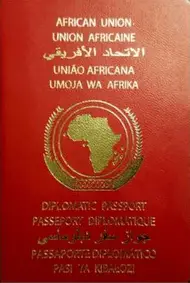
What will an African Passport mean?
The rationale for the passport is for African citizens to be able to cross all borders on African soil without a visa. The passport will facilitate easier movement for people to ease trade relations.
As African countries strengthen ties and seek to reap strength in numbers, the passport will spell an easier transition into seamless trade on the continent.
Modelled along the lines of the European Union passport, the passport will be biometric to prevent fraud and …
Better prepare East Africa: desert locust threat is not over
By Kawira Mutisya
The Food and Agriculture Organization (FAO) is seeking funding to continue with its fight against desert locusts in Eastern African countries affected by the menace.
Ethiopia, Kenya, Somalia and Sudan continue facing a threat from the desert locusts. According to a statement from FAO, action to control unprecedented desert locust infestations in the Horn of Africa last year has succeeded in protecting crops and livelihoods. The UN agency is now seeking $38 million funding to sustain operations against new incursions and continue work in these countries.
FAO says that this is urgent because without this support, the 28 aircraft that patrol the skies to spot and spray swarms could be grounded as early as March.
In the latest desert locust invasion update by FAO, swarms continue to invade the Horn of …
Land degradation affected the Sahel Region of Africa significantly due to climate change and poor land management. Land degradation typically stems from human-related and natural factors such as overgrazing, climate change, and extreme weather.
The Sahel area is increasingly under threat, for example, Senegal’s rainy season is now much shorter, starting in September rather than July. Food and water shortages are common, and many people are being forced to leave their homes in search of sustainable living.
The most severe form of land degradation, desertification, poses serious threats to agricultural productivity, food security, and quality of life in sub-Saharan Africa, where an estimated 500 million people live on land undergoing desertification. It is against this background that the African-led initiative was born; united for a common cause to save the environment and improve the quality of life.
The Great Green Wall of Africa
The very ambitious initiative brings together …
Irony of the hungry farmer
‘Armed with machetes…and borrowed guns, two of three nations are fighting each other, what is to stop a nuclear holocaust should Africa be allowed to develop nuclear energy? First it will be to power their villages then they will weaponize and a nuclear catastrophe will follow…’ anonymous.
Yet nuclear energy may be the very power thrust that Africa needs to pull itself out of the bottomless pit of abject poverty. Its clean, its efficient and comparably cheap. It will by large cut the cost of doing business and powering African homes.
The cost of living in Africa is very high because the cost of production is also very high, why? Easy, the cost of energy is very high. Africa relies mainly on hydroelectric power stations that are very, very expensive to build and maintain.
As such, the cost of electricity is relatively high and in …








